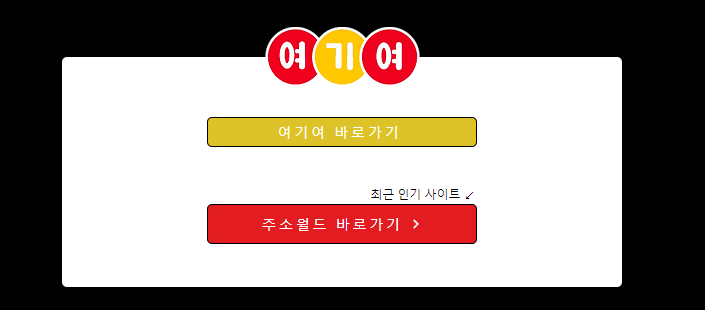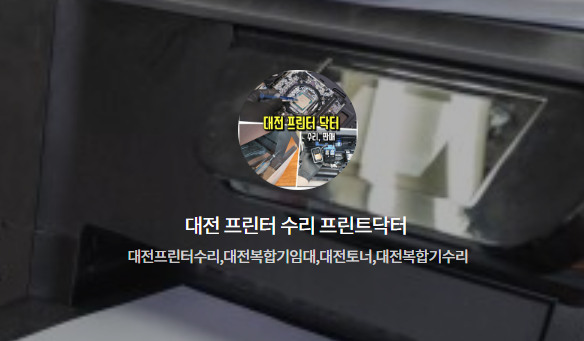Contents
Introduction: The Importance of Addressing 음주운전구제
In South Korea, 음주운전구제, or DUI relief, refers to legal mechanisms available for individuals facing consequences from driving under the influence (DUI). This legal relief process aims to mitigate penalties or facilitate the reduction of punishment for individuals who have been caught driving while intoxicated. Understanding 음주운전구제 is essential, not only for those directly affected but also for anyone interested in the legalities surrounding DUI cases in South Korea.
This article will delve into the available legal solutions, steps to take, and preventive measures associated with 음주운전구제, providing crucial information for those seeking to navigate this complex area of law.

What is 음주운전구제? An Overview
음주운전구제 is a term used in South Korean law to describe a legal process by which individuals who have committed the offense of DUI may seek to have their penalties reduced or receive other forms of legal relief. The penalties for DUI can include fines, license suspension, imprisonment, and more severe legal consequences, especially for repeat offenders or individuals involved in accidents while intoxicated.
The primary goal of 음주운전구제 is to offer a path for offenders to redeem themselves, particularly when there are extenuating circumstances, such as first-time offenses, lack of intention to harm, or voluntary rehabilitation efforts. Legal relief measures can vary widely depending on the case’s specifics and the legal system’s interpretation of the law.
Legal Framework Surrounding 음주운전구제
In South Korea, the 음주운전구제 process is rooted in the country’s traffic law, which outlines specific penalties for those found guilty of DUI. The law establishes a blood alcohol content (BAC) threshold, and drivers caught exceeding this limit face penalties, including the revocation of their driving privileges.
However, legal provisions exist that allow for reductions in penalties under certain circumstances. These provisions include options such as:
Appealing the suspension or revocation of driving privileges: If the individual can prove mitigating factors, they may appeal the decision to suspend or revoke their driver’s license.
Probationary measures: In some cases, instead of facing jail time, offenders may be allowed to serve their sentence under probationary conditions. This may involve community service or mandatory alcohol education classes.
Suspended sentences: In situations where the offense is deemed minor or first-time, the court may issue a suspended sentence, which allows the offender to avoid jail time if they meet certain conditions, such as completing rehabilitation programs.



